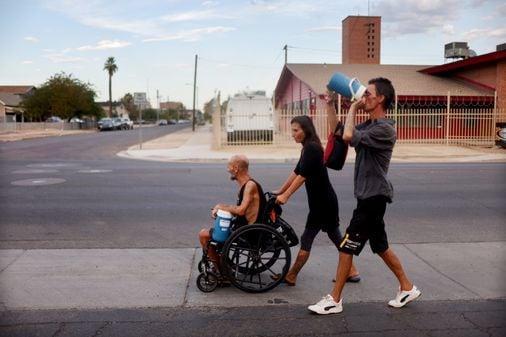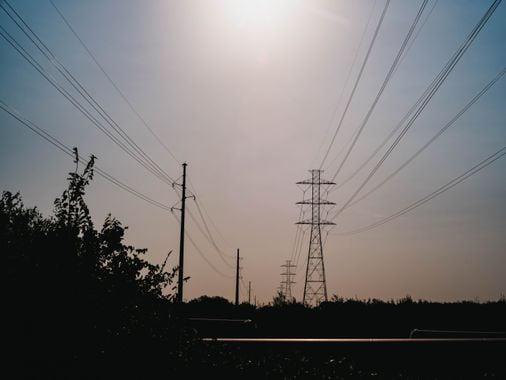
Philadelphia Inquirer letter to the editor
We know that the oil and gas industry will always act in their own best interests and not the interests of the country or the world. It’s clear that their outsize donations to Republican candidates are to ensure that they will be able to continue polluting without penalty. And using liquified natural gas as a wedge issue is cynical. The problem with liquified natural gas is the same as with natural gas itself: leaks along every stage of production release methane, a far worse greenhouse gas than CO2.
The oil and gas industry has decades of experience providing energy to fuel our economy. Imagine if they used that expertise and financing to develop and promote clean energy. Yet, Republican candidates will ensure that we continue to boost this lethal energy sector and continue along with business as usual. This path is unsustainable for us and our planet.
The oil and gas industry has decades of experience providing energy to fuel our economy. Imagine if they used that expertise and financing to develop and promote clean energy. Yet, Republican candidates will ensure that we continue to boost this lethal energy sector and continue along with business as usual. This path is unsustainable for us and our planet.







